Rishi Sunak’s plan for mandatory national service sparked controversy after the Prime Minister outlined potential penalties for those refusing to participate. Here’s the full story.
Controversial National Service
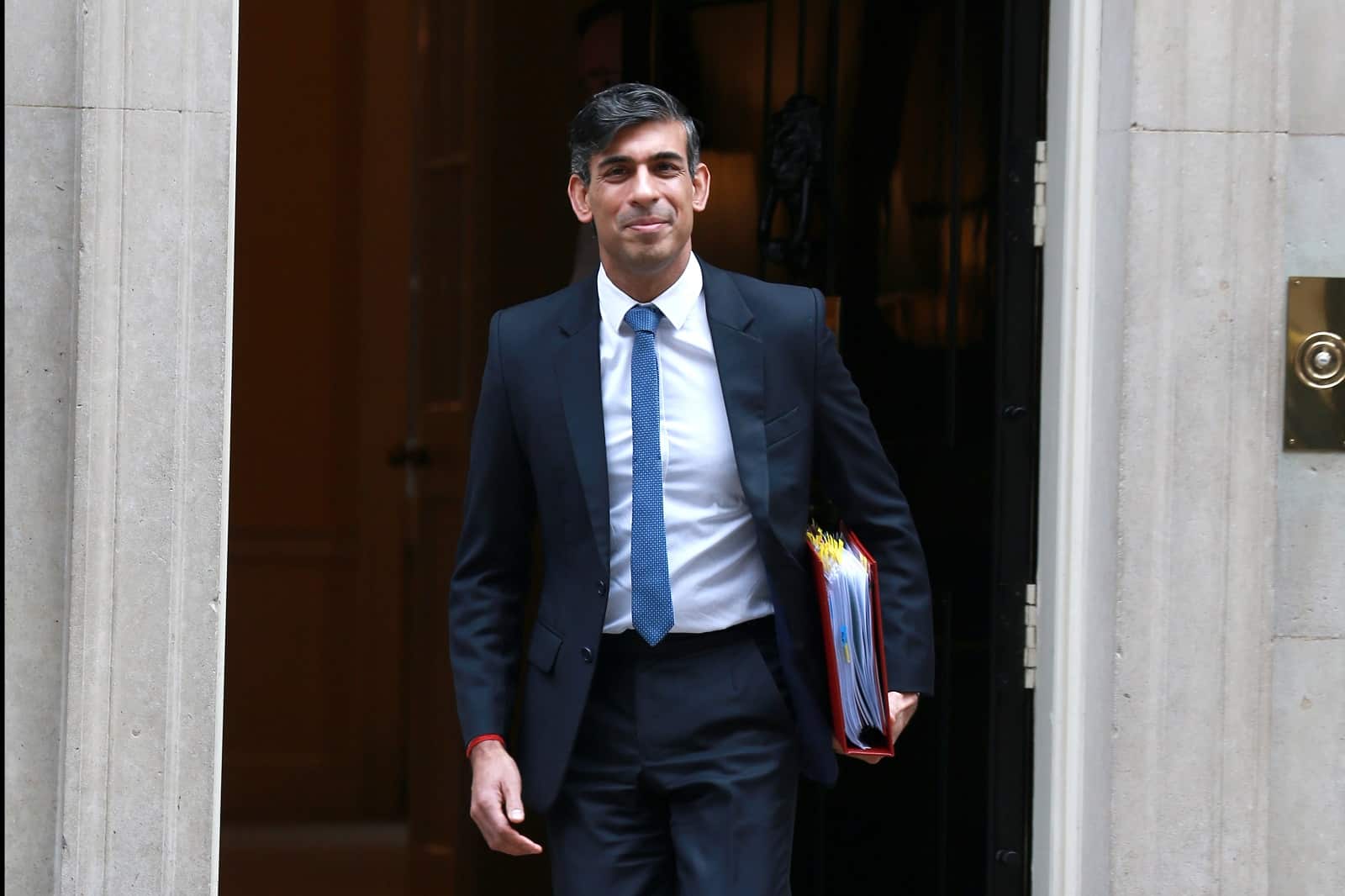
At the start of his rain-drenched election campaign, Rishi Sunak proposed a controversial plan to introduce compulsory national service for all 18-year-olds.
Mandatory Year of Service

The policy, which forms a central part of the Conservative Party’s election campaign, would require every 18-year-old to choose between a year of full-time placement in the armed forces or cyber defence and part-time civic service with organisations like the Royal National Lifeboat Institution (RNLI).
Expensive Civic Duty

The scheme, expected to cost approximately £2.5 billion, aims to foster a sense of civic duty and patriotism among young people while also addressing recruitment needs in the armed forces.
“Brightest and the Best”

According to the Conservative’s manifesto, the military service option is designed to be competitive and paid, attracting “the brightest and the best.”
Debate and Feasibility Questions

However, since its inception, the policy has sparked significant debate and raised questions about its feasibility and ethical implications.
Implementation Concerns
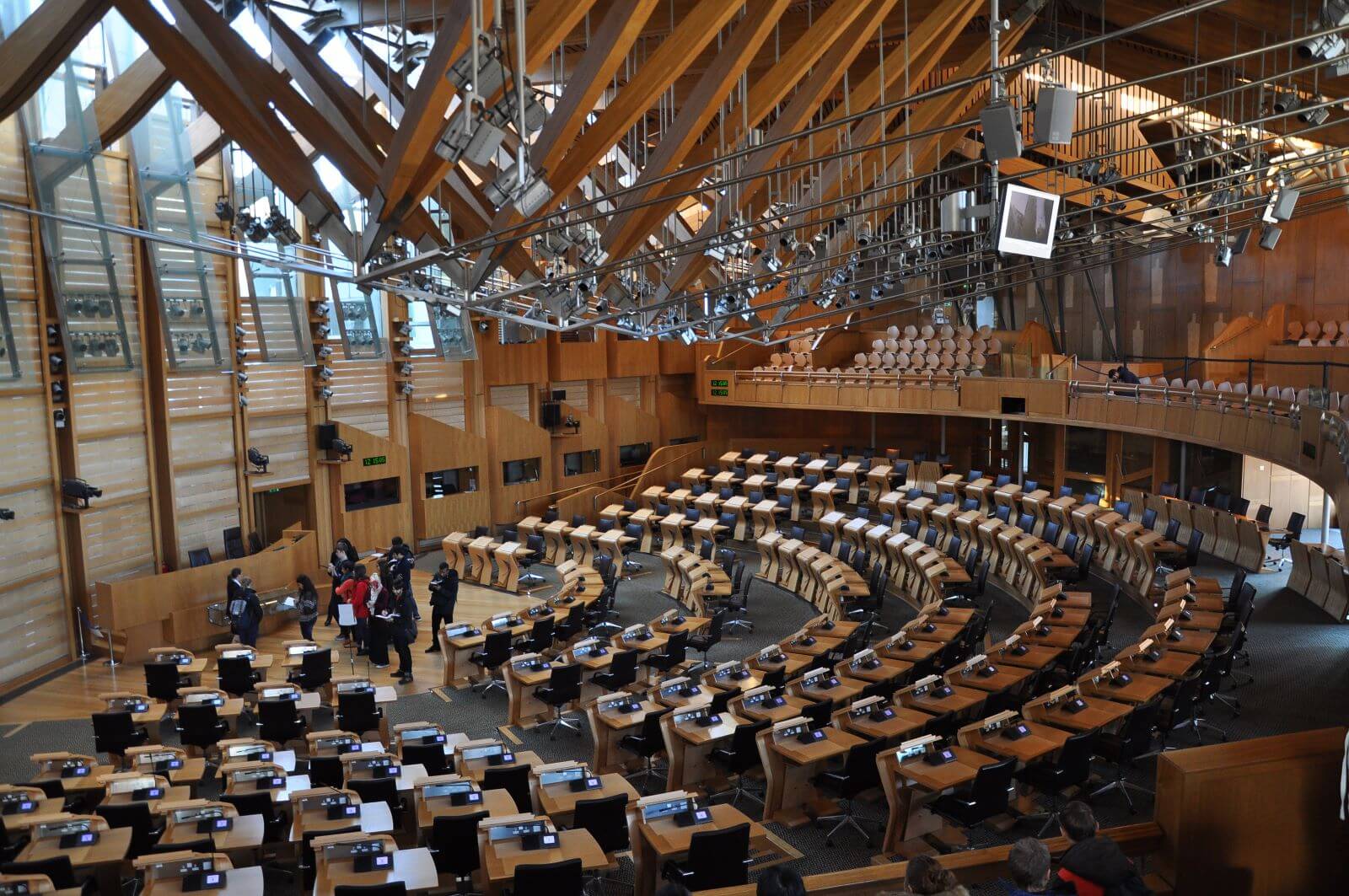
When it was first outlined, even government ministers could not answer how the policy would be implemented and what might happen to those teenagers who, for whatever reason, refused to participate.
Parental Punishment Proposal

The debacle around the botched launch of the policy even saw Foreign Office Minister Anne-Marie Trevelyan suggesting that parents could be punished in place of their now adult children.
BBC Question Time Confrontation
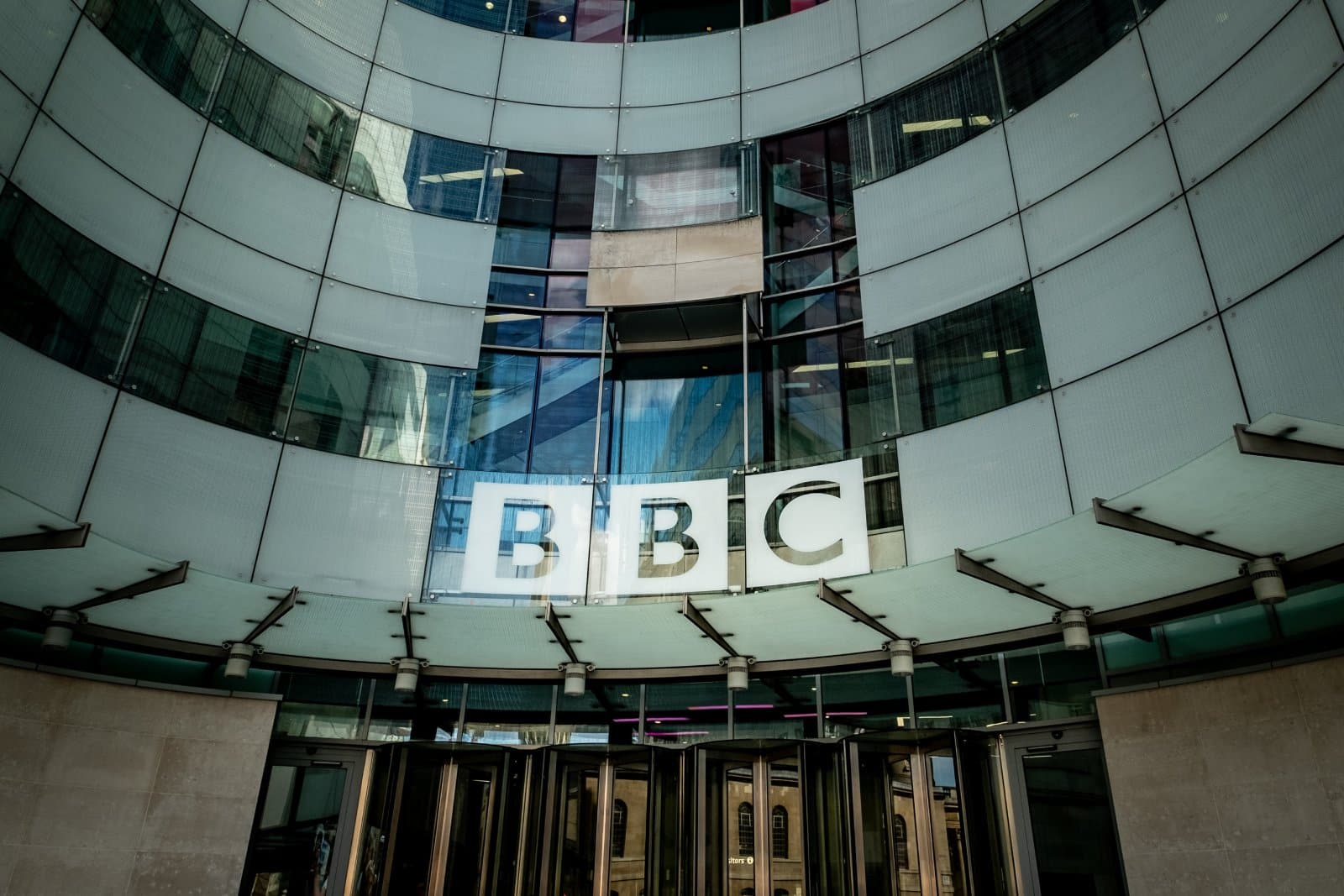
The entire fiasco over Sunak’s National Service policy came to a head in the BBC Question Time special when the Prime Minister was questioned by an audience member over what might happen to young people who refused to participate.
Financial and Driving Penalties
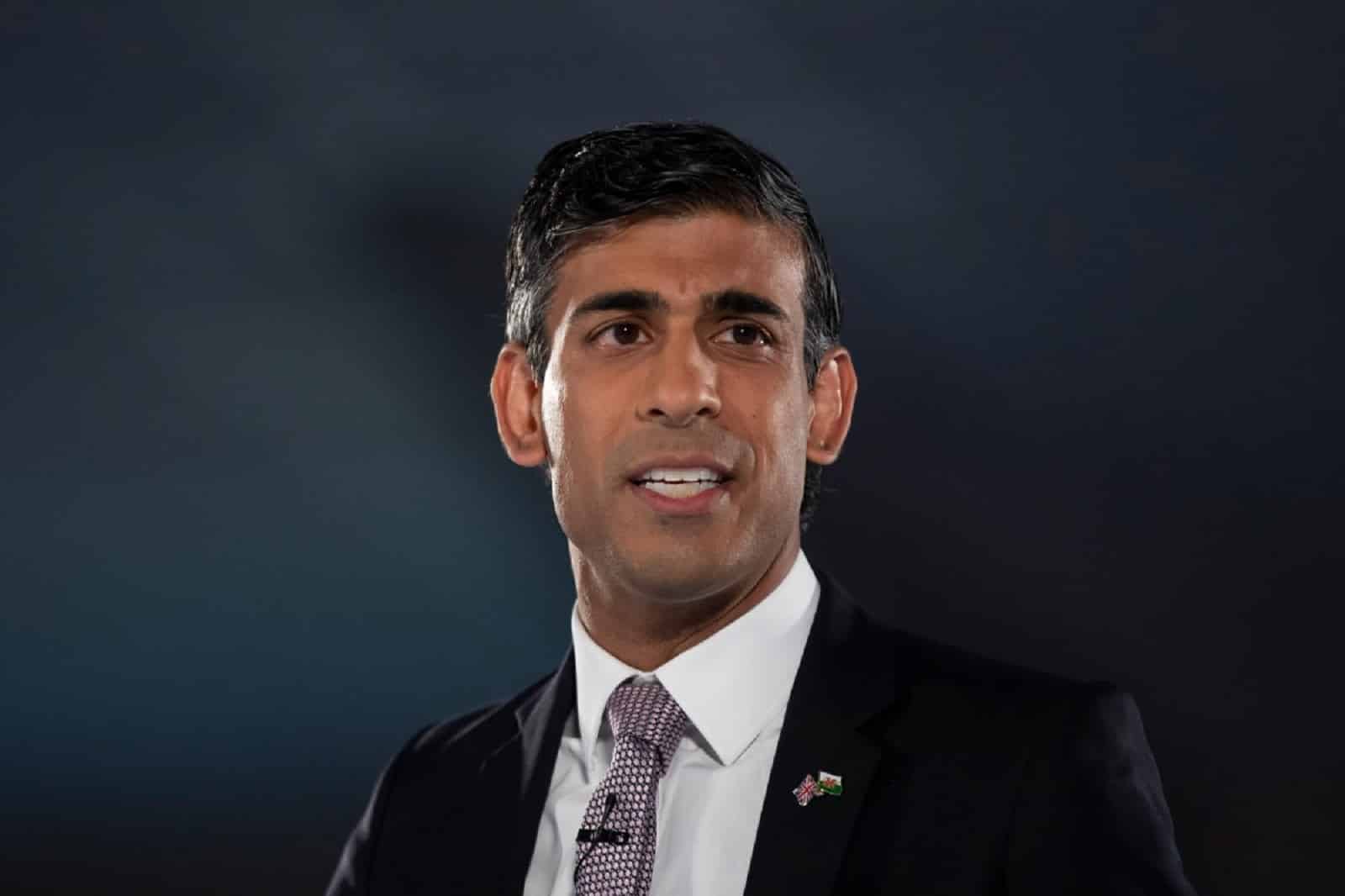
Sunak replied, “Whether that is looking at driving licences, or their access to finance or all sorts of other things, that’s the right thing to do.”
Bank Access Restrictions

Host Fiona Bruce then asked him if this might entail stopping young people’s access to bank cards. Sunak stated, “There’s lots of different models around Europe.”
Public Scepticism

The proposal has been met with mixed reactions from the public and political figures. During the Question Time session, audience members expressed scepticism and concern over the policy’s implementation and effectiveness.
Trust Issues With Youth

One audience member highlighted young people’s difficulty trusting the Conservative Party, especially given the recent succession of five prime ministers and the governmental instability that followed the Brexit referendum.
Embarrassment Question

The sceptical tone was set early in the session, with one audience member asking Sunak, “I am asking if you would confess to us tonight even just a small amount of embarrassment to be leading the Conservative party?”
Military Expert Criticism

The national service plan has also faced criticism from military experts, including Admiral Lord West, the former head of the Royal Navy.
Admiral West’s Critique

Shortly following the announcement, Admiral West wrote a scathing review of the policy in The Independent, stating that “anyone with the most basic experience of how much it costs, and what it entails, to turn a new recruit into someone that can usefully serve in our armed forces would not need a royal commission to tell them that the proposal as currently presented is utter nonsense.”
Waste of Resources

He added, “This ill-thought-out conscription scheme will increase pressure on defence and waste money. Rather than enhancing our defence capability, it would further reduce it.”
Enforcement Uncertainty

With the election drawing ever nearer, Sunak’s remarks on the BBC’s Question Time are the closest the public has come to learning how the government might force young people to participate in the National Service scheme.
Criticism Over Lack of Clarity

The lack of clarity on enforcement has led to criticism from political opponents and policy experts, who argue that the plan lacks a practical framework for implementation.
Attempt to Garner Support
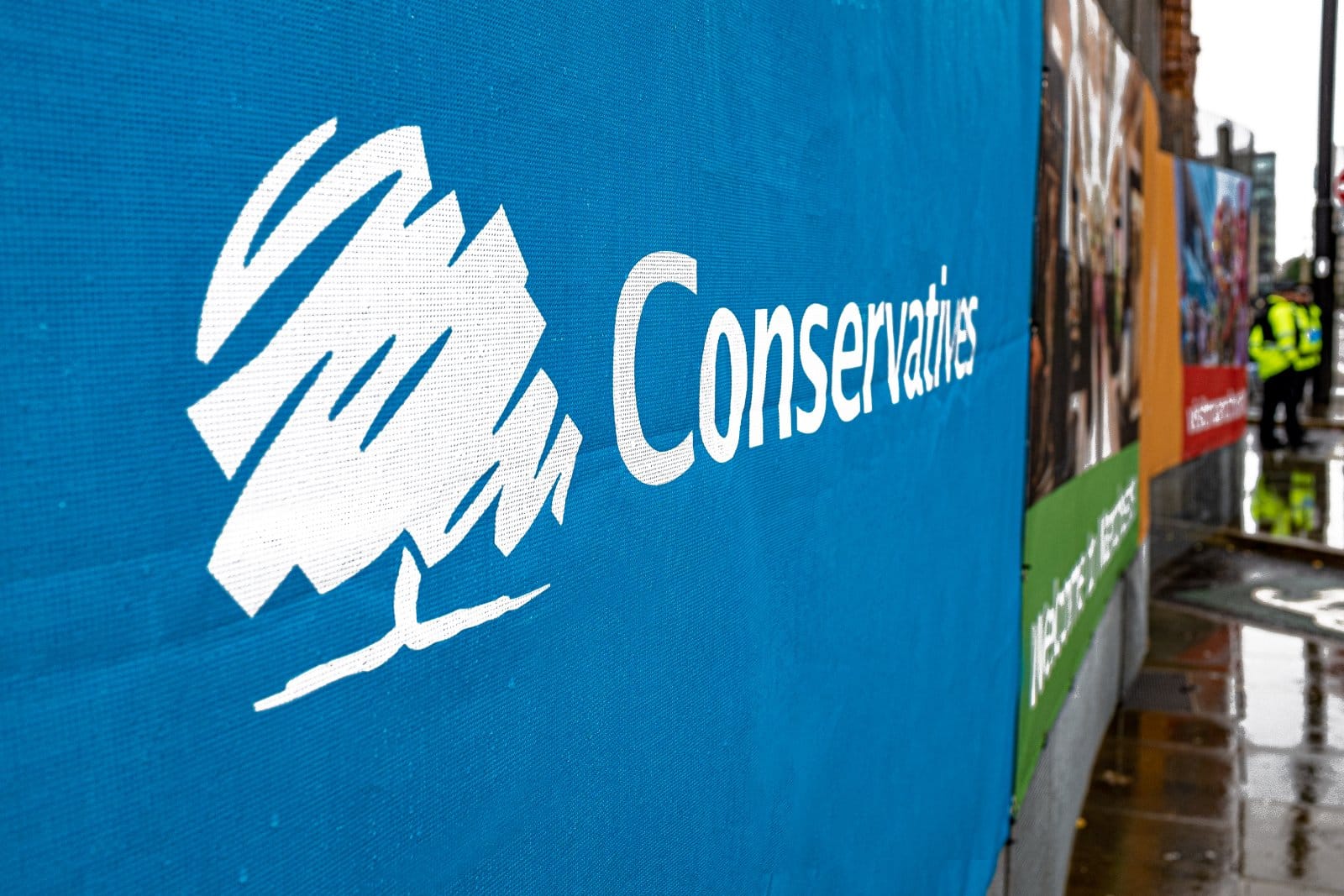
The National Service proposal is seen as an attempt to bolster support among older voters within the Conservative Party’s base, many of whom have a rose-tinted view of national service despite never participating.
Internal Party Divisions
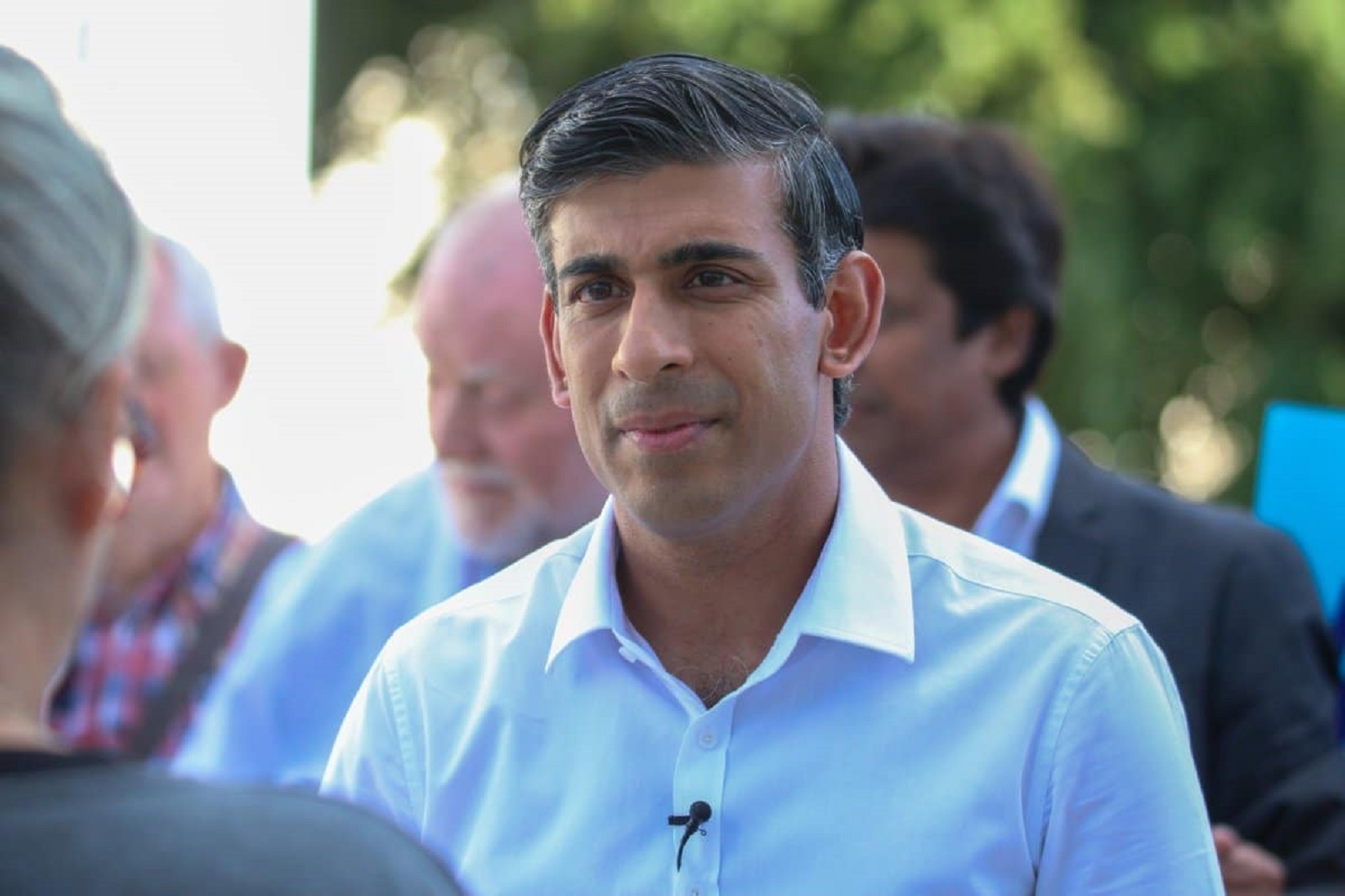
However, the policy has also highlighted deep divisions within the party and raised questions about Sunak’s ability to govern effectively.
Uncertain Future

Partly because of the confusion surrounding the policy, the future of the Conservative’s national service plan remains uncertain.
Significant Obstacles Ahead

While it aims to instil a sense of civic responsibility in young people, the proposal faces significant obstacles, including logistical challenges, public opposition, and expert criticism.
Doubt Over Implementation

As the election draws closer, and with the public, and seemingly the government, no clearer about how the policy might be implemented, it remains to be seen if the National Insurance plan will ever have the chance to be implemented.
The post Sunak Pushes for Teen Penalties Over National Service Non-Compliance first appeared on Now Buzz.
Featured Image Credit: Shutterstock / Sean Aidan Calderbank.

